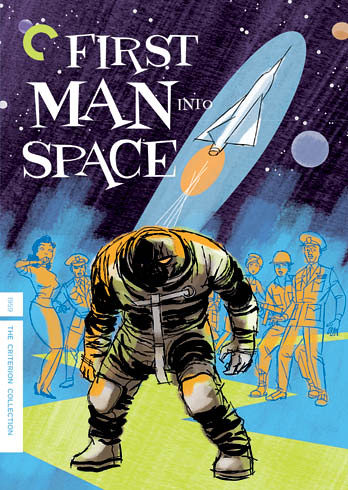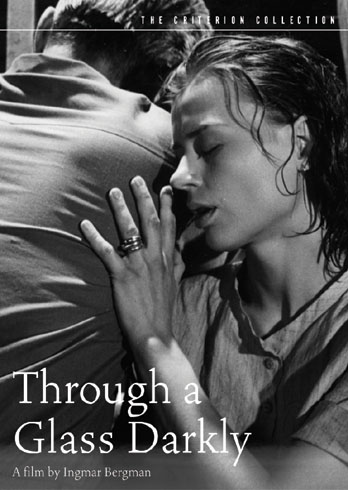(James L. Brooks, 1987)
When Criterion announced they were releasing
Broadcast News in early 2011, I'm pretty sure I let out a little yelp like a puppy. If I had to pick five movies that every American should be forced to watch in order to enter productive society,
Broadcast News would be one of them. Not only does James Brooks's best movie (by a country mile, btw) represent one of the great romantic comedies of the past thirty years, it's also astonishingly - and sadly - relevant to the modern news landscape. Despite its most obviously dated element (the importance of objective network news, with no sign of cable news networks to be found - CNN was only a fly buzzing around the ears pre-Desert Storm),
Broadcast News could have quite easily been made yesterday and been just as biting, sharply cynical, and tragically foreboding.
Without a doubt, my favorite scene in the film comes early, when Holly Hunter's producer character is giving a speech to her colleagues about the decline of important news coverage. As Hunter begins to lose people, she tells a horrifying (to her) anecdote about a night in network news when all the major broadcasts passed over a significant real-world development to instead show footage of a domino competition. As she attempts to make her point, she rolls the domino footage, and people go wild for it. It's not a subtle point (Brooks doesn't do subtlety) but it's an incredibly powerful one: these are the people who make the news, same as the people who watch the news. It is far too common these days to dismiss the media as a massive conglomerate protecting its bottom line, and certainly there is some of that. But above all, these are people, with the same flaws we have, who go home every day and are taken in by the same things we are.
The fact that Brooks was able to tie this point into the core romance plot of the film makes it even more impressive, and makes the movie even more essential. Hunter's struggle to come to terms with her personal feelings about William Hurt, despite her complete disgust with his professional abilities, is another unsubtle but extremely effective illumination of our inabilities to halt human nature, no matter what we have conditioned our brains to believe. Brooks makes this even more successful by avoiding the easy comedy route of making Hurt into a complete fool. In many ways, Hurt is just as intelligent as Albert Brooks. He knows the right thing to say, knows how to act on camera, knows how to make the story appealing, exciting, moving. He also knows the most important thing he can, which is what he doesn't know.
If anything, the situation is far worse now. Hurt's character would most likely feel at home in today's news environment, because people like Brooks and Hunter no longer value the things they used to value, and now recognize only onscreen intelligence. People no longer push for the good story, not just because there is less integrity but because there is no time in the 24-cycle, and less money. And do you really think Katie Couric knows what she doesn't know? (There was delicious irony in Couric, of all people, revealing Sarah Palin's ignorance, wasn't there?)
Brooks is far smarter than to make the film descend into one more angry call for revolution, though. The movie avoids parody and instead strives for realism (in its own Hollywood fashion), sidestepping the surreal or occasionally preachy moments of other films that examine the media, such as the also classic but angrier
Network that had been made a decade earlier. That earlier film might be more immediately satisfying as cathartic experience when compared to the more conventional but actually more challenging truth of
Broadcast News. Of course, it's also a more perfect script, as
Broadcast News definitely has some flaws (a tacked-on ending chief among them, along with the above mentioned occasional use of a shovel over the head). But I think
Broadcast News is the film that more successfully speaks to today's modern environment, despite the major shifts in culture, medium, and technology that have occurred over the last 25 years. Part of the reason for this is that
Broadcast News is, as cheesy as it may sound, not really about news, but about people with all their preconceived notions and unavoidable weaknesses and prejudices. Until we don't trust someone just because they are well put together, until we aren't more entertained by dominos than peace treaties, until we are all ready to take our medicine before we eat our dessert, things are going to get worse before they get better.
Now excuse me while I watch
this video.












